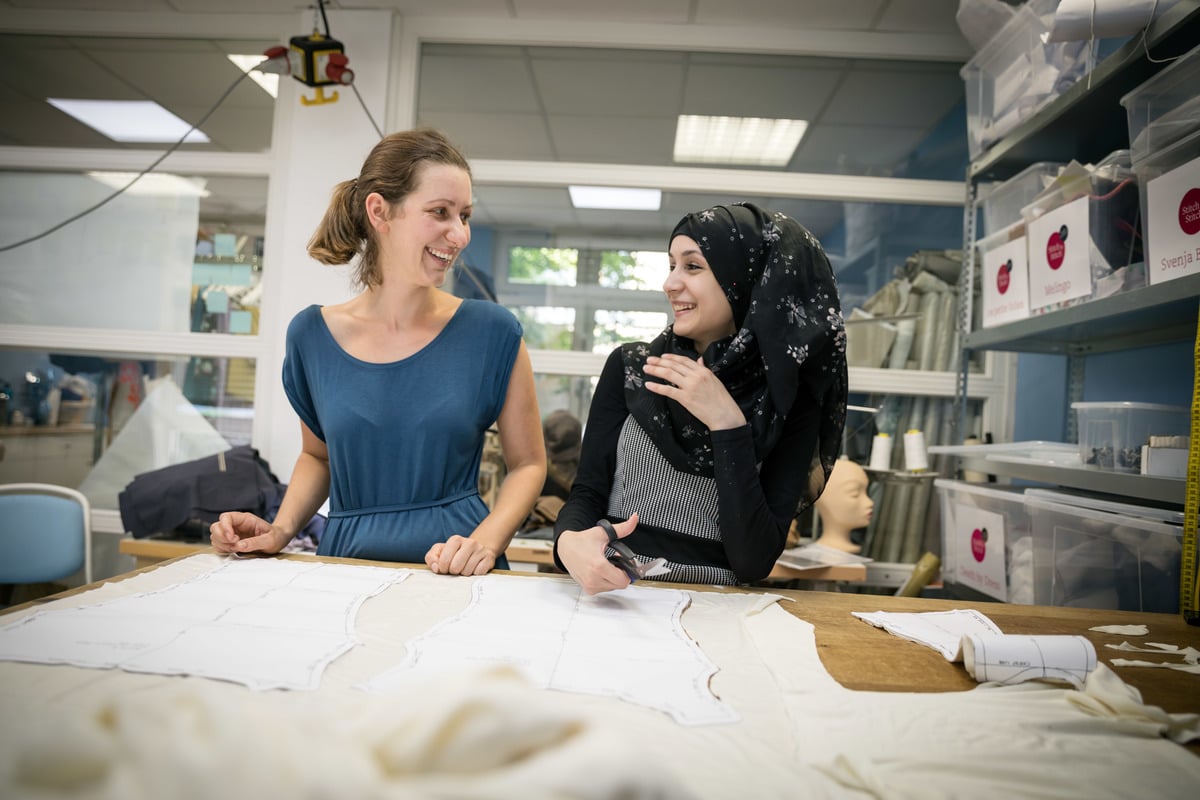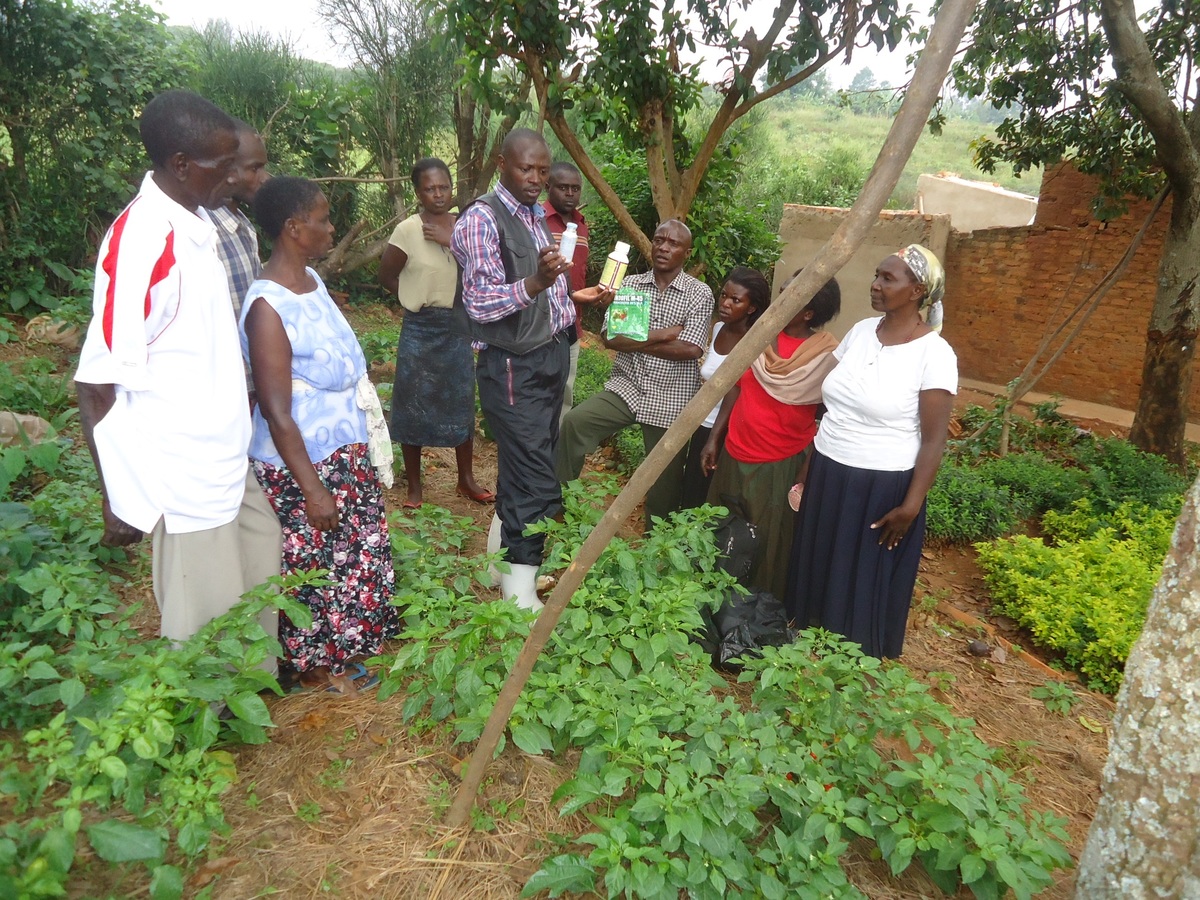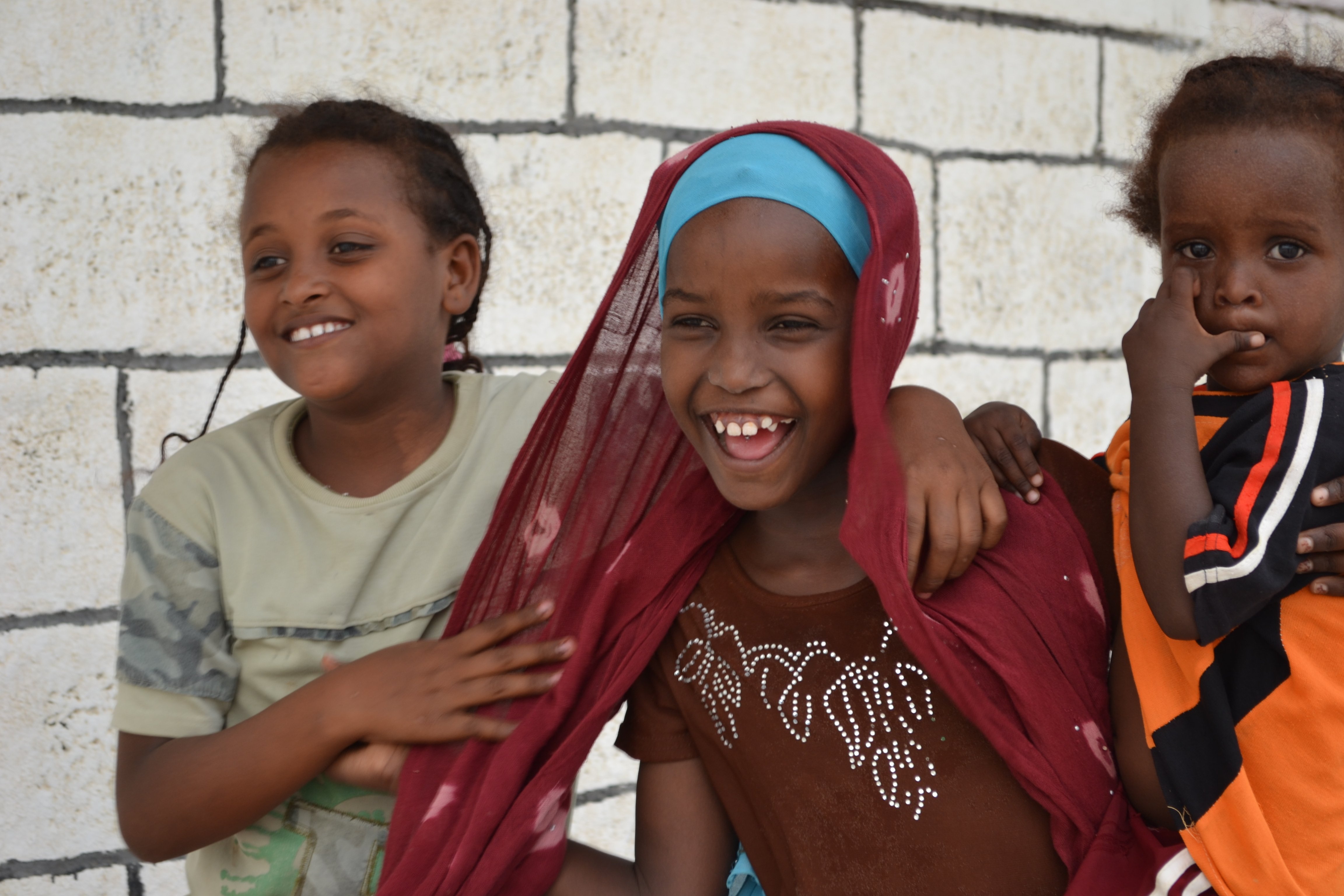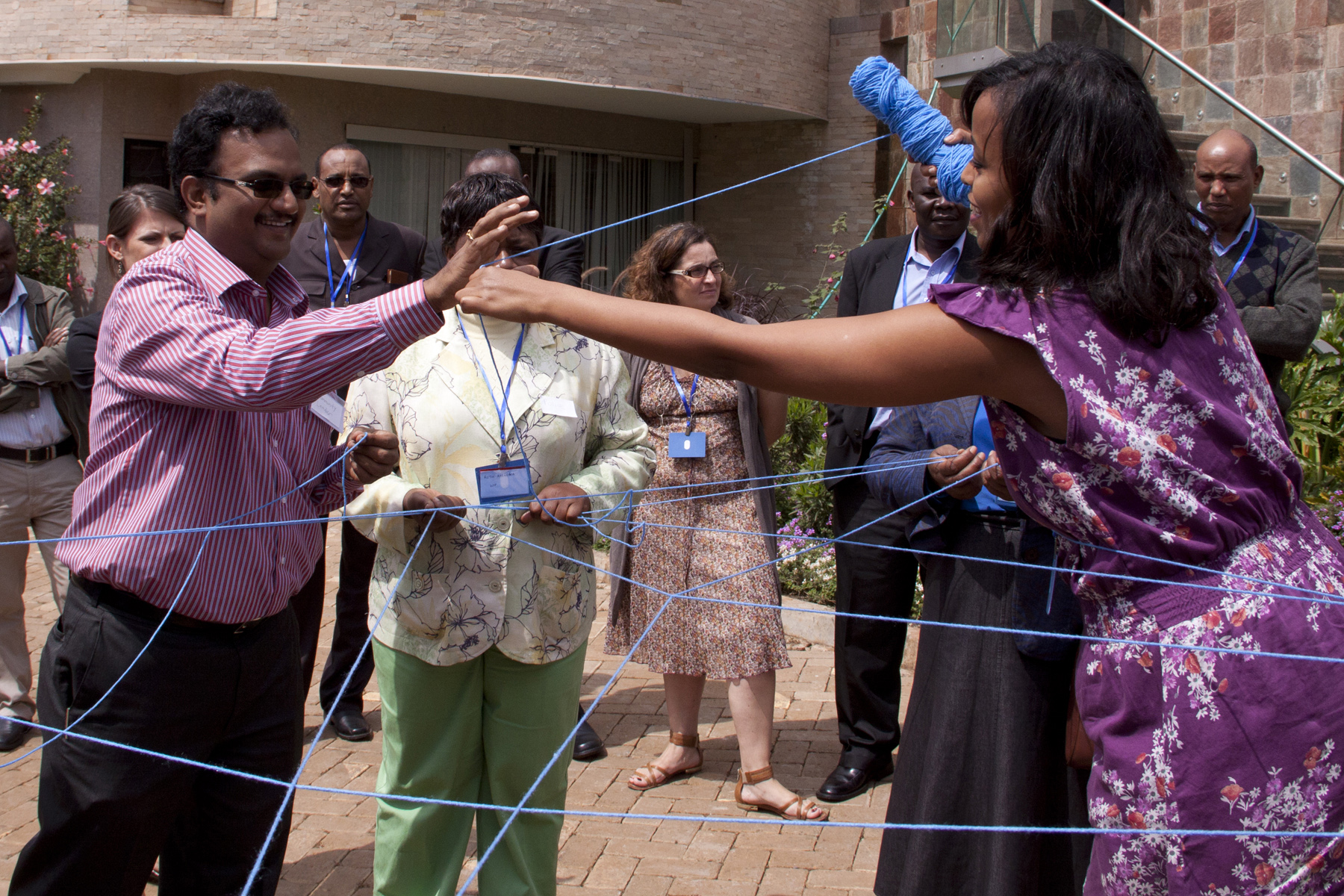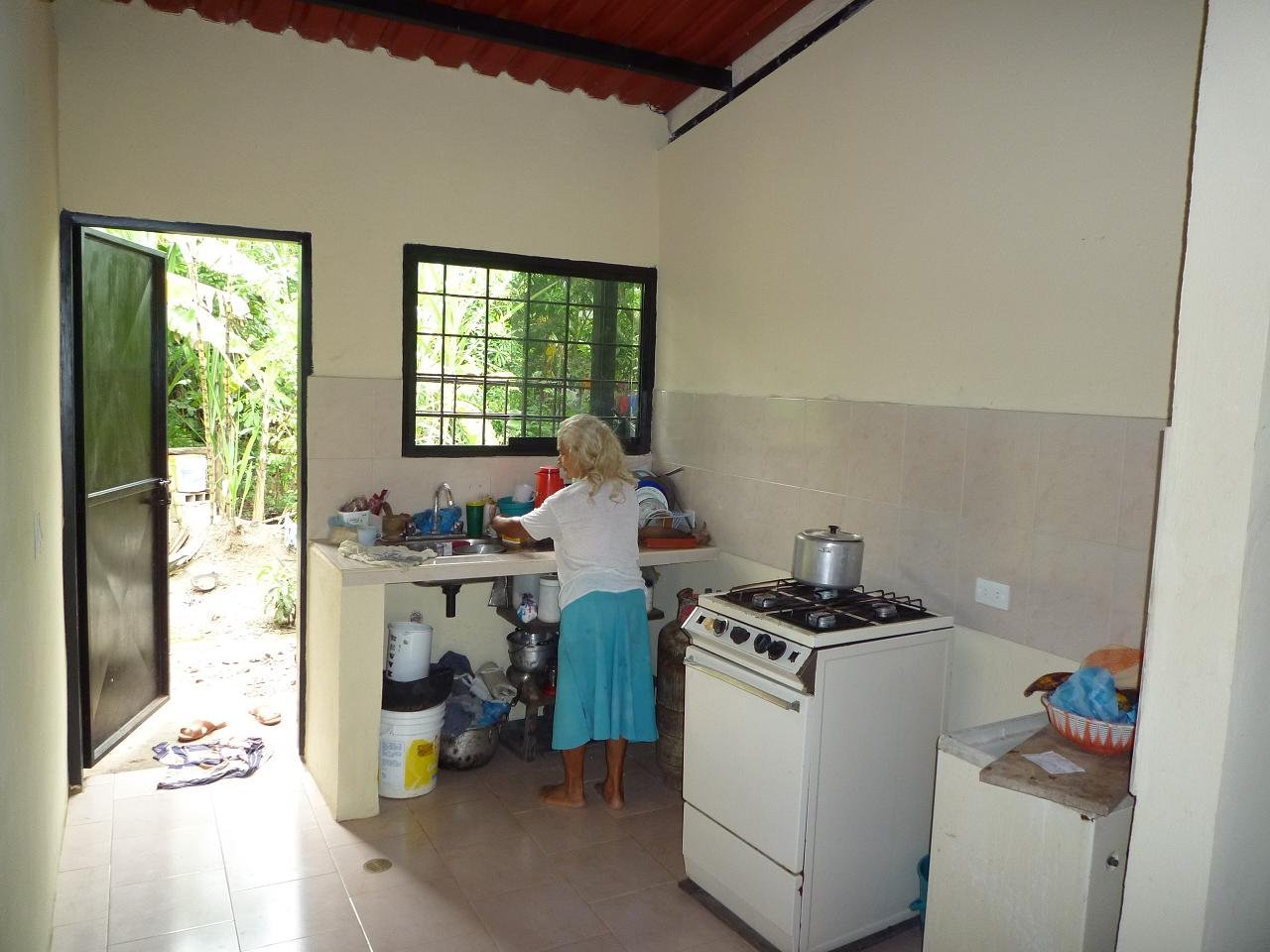UNHCR hands over asylum centre to Serbian government
UNHCR hands over asylum centre to Serbian government

BANJA KOVILJACA, Serbia, December 24 (UNHCR) - The Serbian government has formally taken over control of the country's only asylum centre from the UN refugee agency, which had been the sole provider for asylum seekers for decades.
Monday's ceremony in the spa town of Banja Koviljaca marked the final step in the transfer of asylum-related competencies from UNHCR to Serbian, as envisaged under a new asylum law that came into force last April. UNHCR had dealt with all matters concerning asylum seekers over the past 30 years.
Serbian Interior Minister Ivica Dacic thanked UNHCR and the European Commission [EC] for all their support and pledged that the government would ensure all asylum seekers were treated well and accorded their rights under international law.
Dacic, who is also first deputy prime minister, told guests and media at the ceremony that Serbia had taken a step towards European Union integration by taking over the three-storey asylum centre, which was established under a March 2006 agreement between the government and UNHCR.
The government allocated a facility for the centre while UNHCR used European Union funding to renovate and furnish the building, which accepted its first asylum seeker tenants in November last year. It was then run by UNHCR until December 15, when the Commissariat for Refugees of the Republic of Serbia took over management. Monday's ceremony sealed the handover.
The centre, which is located some 150 kilometres from Belgrade near the border with Bosnia and Herzegovina, is currently home to 45 asylum seekers from six countries. They include 19 people who will remain under UNHCR care because they arrived in Serbia before the asylum law came into force.
There are room for single people and families, while each floor has a kitchenette if people do not want to use the canteen. There are also recreation facilities - for children and adults - in the centre, which can house 88 people. UNHCR partners provide counselling and other psycho-social services.
Meanwhile, Lennart Kotsalainen, UNHCR's representative in Serbia, pledged at Monday's handover to continue supporting the authorities in refugee determination procedures and in improving the asylum system.
By Vesna Petkovic in Banja Koviljaca, Serbia

